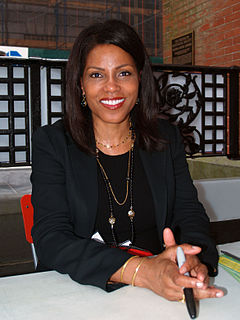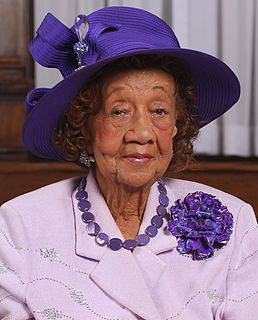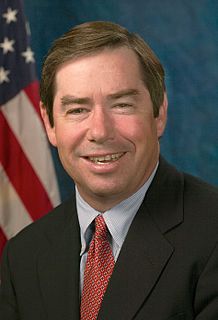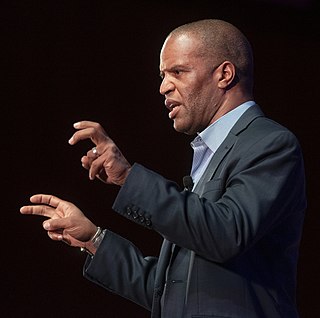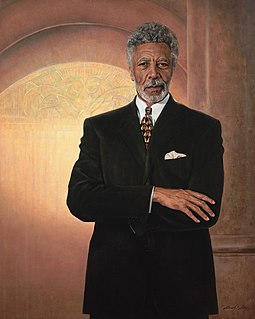A Quote by Ilyasah Shabazz
Everyone puts all of the advances that we've made on Dr. King, but there's a lot of people who were part of the civil rights movement.
Related Quotes
That was exciting to be able to comment on civil rights. I mean, the civil rights movement that young people don't know about today, but Martin Luther King was considered by the establishment press in the early years of the sit-in movement as a dangerous man, and he was the equivalent at that time as Malcolm X. And he was told to stop his demonstrations; they were against the law and all of that. Now that he's sainted and sanctified we've forgotten.
I was involved in the civil rights movement way back in the late '50s and through the '60s and '70s. I was doing a civil rights musical here in Los Angeles and we sang at one of the rallies where Dr. Martin Luther King spoke, and I remember the thrill I felt when we were introduced to him. To have him shake your hand was an absolutely unforgettable experience. Even before I could vote, I was involved in the political arena.
In less than a century we experienced great movement. The youth movement! The labor movement! The civil rights movement! The peace movement! The solidarity movement! The women's movement! The disability movement! The disarmament movement! The gay rights movement! The environmental movement! Movement! Transformation! Is there any reason to believe we are done?
Dr. King organized the Poor People's Campaign in 1968 to shut down Washington, D.C. and force legislators to tackle poverty. His efforts to shift focus from civil to silver rights were interrupted by his untimely death. He fought ardently for Black rights, but he also recognized financial literacy as the key to an America that was truly free for all people.
